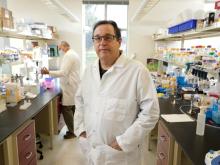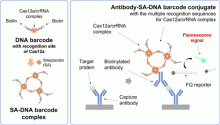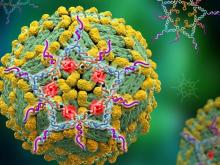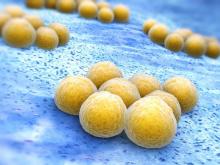A team from Rensselaer Polytechnic Institute and Albany Medical College has been awarded a $500,000 grant to carry out research for the development of a Pentosan Polysulfate (PPS)-based nasal spray to block COVID-19.
News
Rensselaer Professor Jonathan Dordick and collaborators from Rensselaer Polytechnic Institute and Albany Medical College have been awarded $500,000 from the New York State Biodefense Commercialization Fund to engage in research for the development of a P
Using full-length NSH, containing different amounts of N-acetylglucosamine (GlcNAc) residues, we demonstrate that C5-epimerase specificity relates to polysaccharide sequence, particularly the location of GlcNAc residues within the chain.
New approach could be used to detect and kill viruses in the bloodstream
By folding snippets of DNA into the shape of a five-pointed star using structural DNA nanotechnology, researchers have created a trap that captures Dengue virus as it floats in the bloodstream.
Greater understanding of phenomena could enable unprecedented control over gene expression
A Lego-Like Approach to Improve Nature’s Own Ability to Kill Dangerous Bacteria
Research capitalizes on ability of enzymes to target and kill bacteria, improving possible solution to problem of antibiotic resistance.
Jonathan Dordick Received Amgen Biochemical and Molecular Engineering Award






